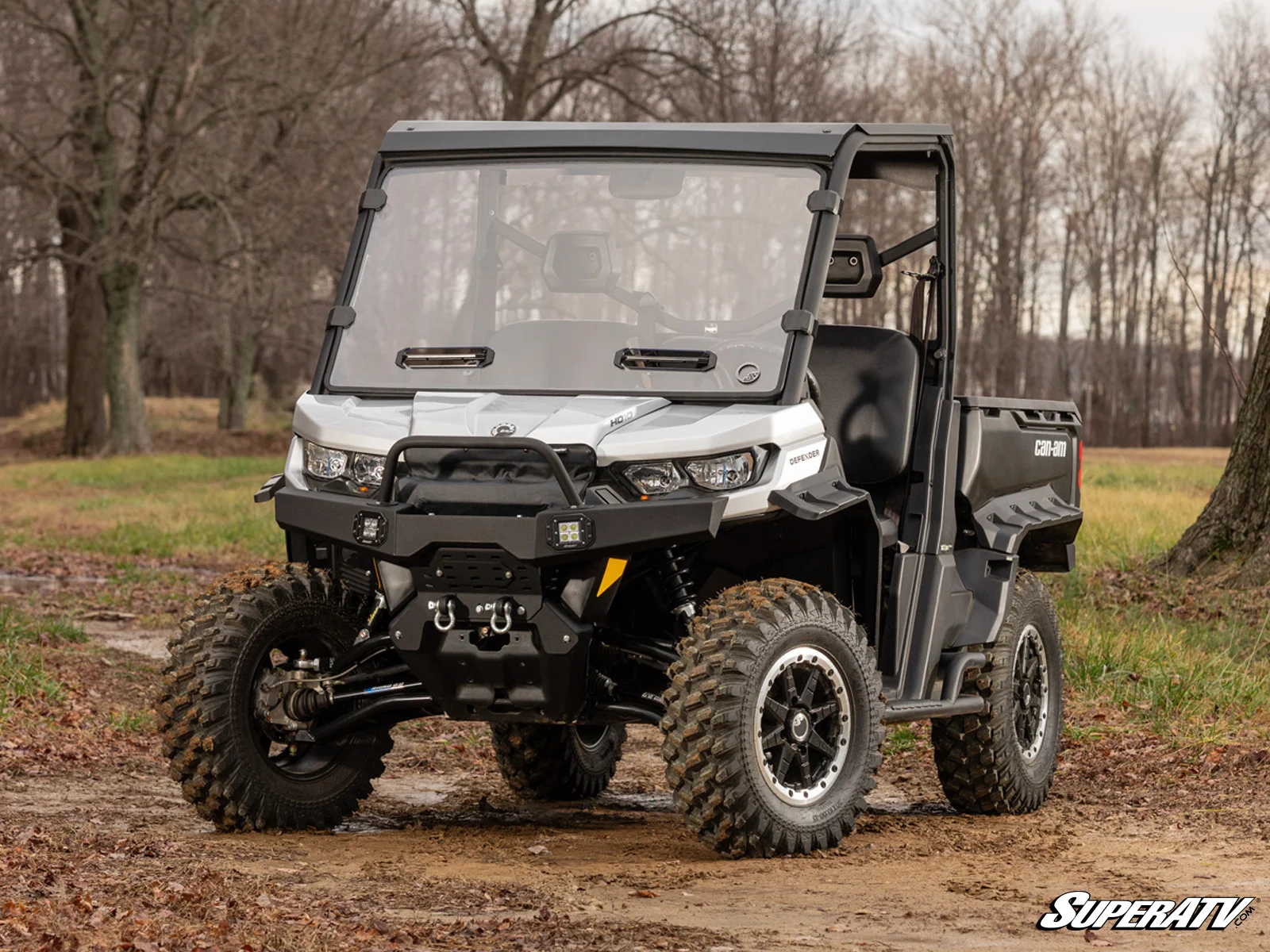Read Time:3 Minute, 5 Second

Choosing the Right Polaris Ranger for Farming
- Consider the size of your farm and the type of tasks you’ll be using your Polaris Ranger for – a Ranger XP 1000 may be ideal for larger farms or heavy-duty tasks.
- Think about the number of passengers you’ll need to transport – a Ranger Crew may be the best option for farms with multiple workers.
- Evaluate the terrain and obstacles on your farm – a Polaris Ranger with four-wheel drive and high ground clearance can handle tough terrain and mud.
- Research and compare different models, such as the Ranger XP 1000 and Ranger 570, to find the best fit for your farm’s needs.
- Consider the budget and cost of ownership, including maintenance and repairs.
Essential Farm Equipment for Polaris Rangers
- Landscape rakes for clearing debris and leveling land.
- Plows for tilling soil and removing weeds.
- Sprayers for applying fertilizers and pesticides.
- Hauling equipment, such as trailers and cargo boxes, for transporting tools and supplies.
- Winches and ropes for recovering stuck vehicles or hauling heavy loads.
Preparing Your Polaris Ranger for Farm Work
- Regularly maintain your Polaris Ranger, including oil changes and tire rotations, to ensure it’s in good working condition.
- Install farm-specific accessories, such as a plow or sprayer, to enhance your Ranger’s capabilities.
- Consider adding a winch or recovery equipment to your Ranger in case of emergencies.
- Familiarize yourself with your Ranger’s features and capabilities, including four-wheel drive and differential lock.
- Always wear protective gear, such as a helmet and gloves, when operating your Ranger.
Maximizing Productivity with Farm Equipment
- Use your Polaris Ranger to transport tools and supplies around the farm, saving time and energy.
- Utilize your Ranger’s hauling capacity to move heavy loads, such as hay or equipment.
- Take advantage of your Ranger’s power and versatility to tackle tough tasks, such as plowing or spraying.
- Consider adding a Ranger Crew to your farm to increase passenger capacity and productivity.
- Use your Ranger to scout out fields and pastures, monitoring crop health and detecting potential issues.
Overcoming Terrain and Obstacle Challenges
- Use your Polaris Ranger’s four-wheel drive and high ground clearance to navigate tough terrain, such as mud or rocky hills.
- Consider adding a winch or recovery equipment to your Ranger to help recover stuck vehicles.
- Use your Ranger’s differential lock to maintain traction in slippery or uneven terrain.
- Take your time and use caution when navigating obstacles, such as steep slopes or water crossings.
- Always be aware of your surroundings and potential hazards, such as loose rocks or fallen trees.
Real-World Examples of Polaris Rangers in Farming
- A Texas farmer uses his Polaris Ranger XP 1000 to plow and spray his fields, increasing productivity and efficiency.
- A farmer in the Midwest uses his Ranger Crew to transport workers and equipment around the farm, saving time and energy.
- A rancher in the West uses his Polaris Ranger to haul hay and equipment, taking advantage of its hauling capacity and versatility.
- A farmer in the South uses his Ranger to scout out fields and pastures, monitoring crop health and detecting potential issues.
- A farmer in the Northeast uses his Polaris Ranger to clear debris and level land, preparing his fields for planting.
Conclusion
- A Polaris Ranger can be a valuable tool for farmers, increasing productivity and efficiency.
- By choosing the right model and equipping it with the right accessories, farmers can tackle tough tasks and overcome terrain and obstacle challenges.
- Regular maintenance and proper operation are key to getting the most out of your Polaris Ranger.
- With its power, versatility, and capabilities, a Polaris Ranger can be a game-changer for farmers and ranchers.
